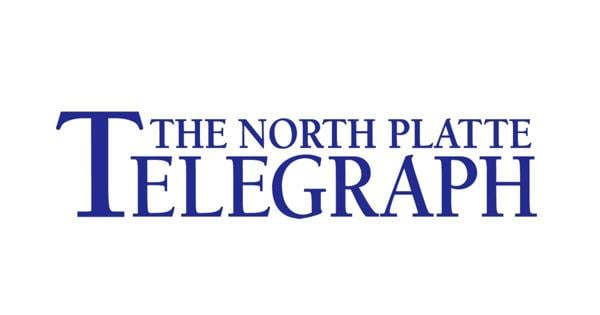Desperate to try any tactic to dig them out of the hole they find themselves in, the Liberals appear to have looked south and borrowed the Democrats’ idea of calling conservatives “weird.” The tactic might just work for Democratic presidential candidate Kamala Harris and her party. There are, after all, more than enough fringe Republican elements to make this somewhat convincing, especially as a sop to the Democrats’ political base and to independents who find political shenanigans ludicrous in general.
In Canada, though, this seems less likely to make the Liberals’ poll numbers budge. The irony is that in many respects, the basic argument is right. Conservatives in Canada are weird — or they’ve been made to seem so — just not in the way the Liberals think.

That’s because, to be conservative in Canada in the 21st century, is to be part of a new cultural out-group. Modern conservatism doesn’t emanate from the establishment outward, as it sometimes has in the past. Instead, if you’re looking for establishment figures today, you’d be more inclined to find them in parts of town that sprout red signs at election time, or even orange and green ones.
Over the last two decades, establishment values have changed. The rise of wokeism has transformed the institutional expression of official culture in this country. From land acknowledgements in schools and sporting venues, to school systems that push the politics of gender and critical race theory, Canada’s institutions have embraced a series of left-wing values and presented them as something that everyone should agree with.
It’s the new normal. To stand against this — to speak up for more traditional values in Canada, even the small-l liberal values of the 1990s and early 2000s — puts you on the out. It kind of makes you weird.
If you’re looking for a sign of how things have changed, turn your eyes to things like land acknowledgements. The land acknowledgement has replaced prayer in the rituals of Canadian life. It was only around a generation ago that libertarians and humanists rid prayer from institutional Canadian life in the interest of cultural pluralism.
A series of political battles and Charter court cases determined that it wasn’t fair to impose any one religious tradition on all Canadians. And yet, just over a generation later, the new progressive orthodoxy insists that each school day must begin with religious-like invocations of collective guilt. The same now goes for sporting events and theatrical performances.
At universities, some professors think that every class and meeting ought to begin with one. These land acknowledgements often contain very spiritual invocations about protecting and caring for the land and talk of the “creator.” The land acknowledgement is, in other words, the new school prayer.
To question this, as some conservatives do, is to be kind of “weird” in today’s Canada. The irony here is that, for decades, progressive scholarship attacked the very idea of normality itself. Books like “The Trouble with Normal” told the history of family life and sexual values and associated the idea of being normal with repression and intolerance.
The nuclear family, in much scholarship, was presented as a stifling imposition from a patriarchal western culture that inhibits freedom and represses women and shuts down alternative sexual identities. In the broader culture, it’s now something of a cliche in many films to present suburban family life as a repressive torture chamber. The suburban home is to the modern progressive what the Bastille was to French revolutionaries — a creepy edifice that hides dark horrors within.
From films like “American Beauty” to “Pleasantville,” “The Stepford Wives” and “Vivarium,” we are told that suburban homes with what used to be called “normal families” are psychological prisons of conformity and turmoil. The same goes for older ideas of the nation. To raise a Canadian flag on our homes or, as some now do, on our cars, is to put oneself on the political out.
It’s associated with an alternative political identity. The irony here is that the goal of all of these attacks on family life, patriotism and school prayer were meant to forge a new, more open-minded society. It was part of a celebration of individual identity where you could be yourself and live your own values — against conformity.
And yet, here we are, a generation later, and what has actually happened is that progressives have merely imposed their own normal on the rest of society. Just as in their stereotyped version of the past, if you don’t get on board, you’ll be punished. You can be attacked as a threat, as dangerous.
Yet it’s possible that in the rush to make a new normal and enshrine woke values in our institutions and cultural life, progressives have gained so much power, so quickly, and without sufficient cultural buy-in, that they have done what they never quite imagined possible: they’ve made conservatives weird. And conservatives, who normally want to be anything but odd or eccentric, are increasingly OK with it. So calling Conservative Leader Pierre Poilievre and his fellow Tories weird might not work for the Liberals.
It’s possible that in 2024, Canadians are ready for a little common-sense eccentricity. National Post.



















